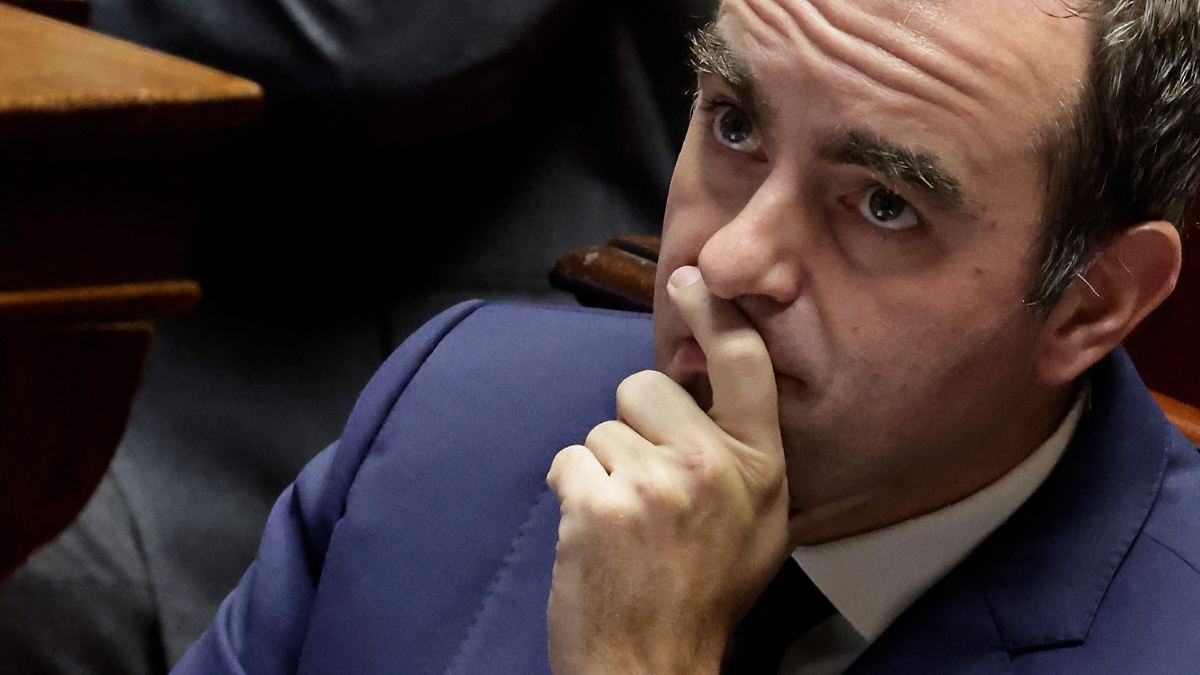Frei: Merz critics deliberately misunderstand his "cityscape" statement

Berlin. Minister of the Chancellery Thorsten Frei has accused critics of Chancellor Friedrich Merz's (CDU) "cityscape" statement of deliberate misinterpretation. "A lot of people wanted to misunderstand him," said the CDU politician Frei on the ZDF talk show "Markus Lanz," broadcast Wednesday evening. "For me, it was perfectly clear what he meant. He was pointing to the consequences of unregulated migration. And those are quite obvious."
The discussion about public safety and migration was sparked by Merz's statement that the federal government was correcting past failures in migration policy and making progress, "but of course we still have this problem in the cityscape, and that's why the Federal Minister of the Interior is now working to enable and carry out deportations on a very large scale." Only a week later did he become more specific: the problems were caused by those migrants who did not have permanent residency status, did not work, and did not abide by the rules.

The RND newsletter from the government district. Every Thursday.
By subscribing to the newsletter, I agree to the advertising agreement .
Frei pointed out that Merz's remarks had been taken out of context. The discussion had been solely about the impact of "uncontrolled migration." When asked whether the Chancellor didn't coordinate his public statements beforehand, Frei said: "I find it very refreshing that we have a Chancellor who speaks clearly, who says what he believes is right, and doesn't have it put through some kind of mill to be smoothed over."
The Chancellor also received support from Boris Palmer, the independent mayor of Tübingen. He was aware that it wasn't about all migrants. "Rather, it can only be about a very small group, because the connection to deportation was present in the quote; these are people who are legally obligated to leave the country," he explained. He noted that there had been a change in the cityscape in recent years, particularly affecting "young unemployed men without residency permits." The problem had been ignored for a long time.
That's why he was "almost relieved" that the Chancellor had addressed it, Palmer said. "Nevertheless, it was poorly executed." Merz should have "quite quickly added that he wasn't referring to everyone else who has a migration background and belongs to our society," the Tübingen mayor emphasized. "I think the debate has actually moved us forward."
Belit Onay, the Green mayor of Hanover, sees things very differently. The problems of security in city centers are nothing new, he says, but the connection Merz made to migration and deportations is unjustified. "None of these problems—in Hanover, and I believe in other cities as well—will be solved by deportations. And that's the mistake," Onay explained. "The Chancellor is suggesting that if we just deport enough people, everything will be fine again." But deportations are no solution to homelessness, drug problems, or youth violence. "We need to find other approaches," the Green politician demanded.
RND/dpa
rnd





